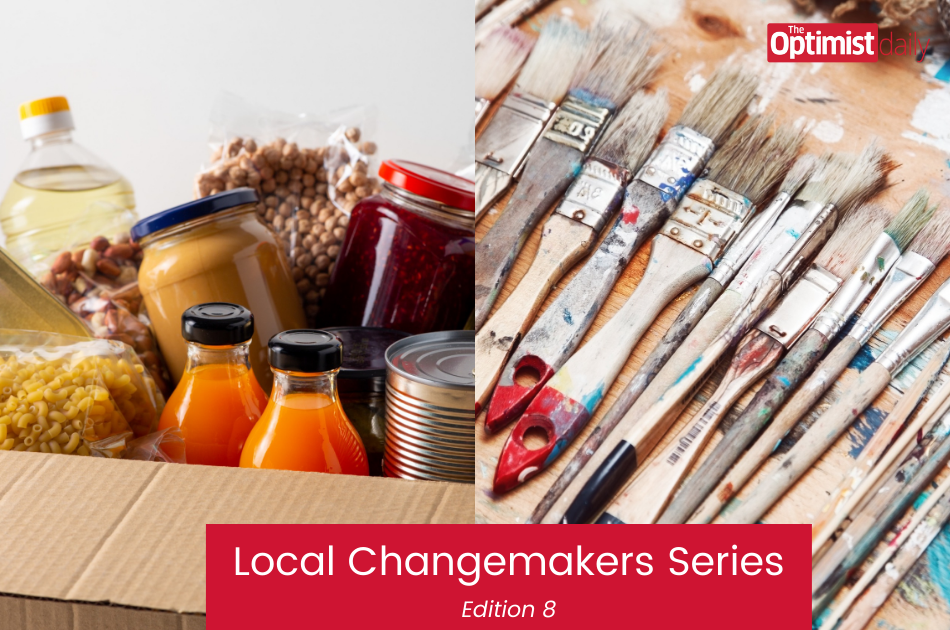Food allergies are quite prevalent – about 32 million Americans suffer from some kind of food allergy. Our current approach at reducing the effects of allergies is through a slow exposure of the allergen in a process called oral immunotherapy. During this procedure, patients are given their allergen in small doses for a period of time until the body adapts and reduces its allergic response. Unfortunately, it takes about a year for a patient to see benefits from this procedure.
The good news is that scientists have developed a new approach that presents itself as a sort-of shortcut to oral immunotherapy. It consists of a small antibody injection that has been shown to deliver results in a record 14 days. The procedure doesn’t even require the patient to expose himself to the allergen like in oral immunotherapy and has proven to be successful thus far in tests.
This antibody injection treatment interferes with the actions of Interleukin-13, an immune signaling molecule that triggers the body’s response to an allergen. By blocking the Interleukin-13 triggers, the body’s natural allergic response is inhibited.
A small clinical trial on patients allergic to peanuts shows very promising results for this procedure. After the initial treatment, 73% of the patients were able to consume one nut’s worth of peanut protein without any allergic reaction. After 45 days 50% of the patients were still able to consume the same amount of peanut protein with no adverse reactions.
The trials were only done with patients with peanut allergy, but doctors are hopeful of achieving the same results with other allergy patients.












